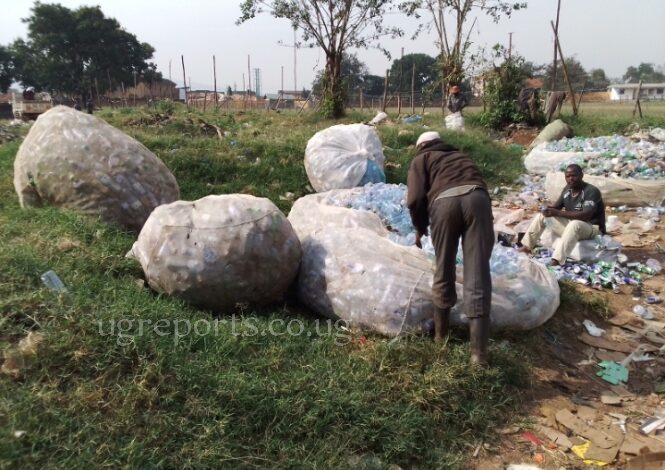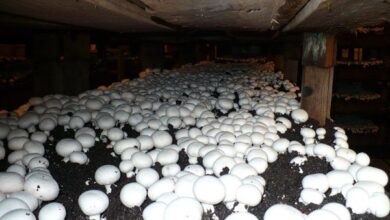Plastic pollution fight should be actionable to conserve the planet

Op-Ed: On Monday, April 22, 2024, Uganda joined the rest of the countries to celebrate Earth Day under the theme ‘Planet vs. Plastics’. The day was marked primarily to remind the world about the importance of environmental conservation and sustainability.
Besides Earth Day, Uganda celebrates all environmental-related events, including forest day, wetlands day, biodiversity day, and free plastics day. However,no big scores have been registered because environmental degradation, swamp reclamation, and plastic pollution are the order of the day.
Three days’ prior to Earth Day, President Museveni launched an environmental and protection campaign at Kitebi Secondary School in Lubaga Division, aiming at planting one million trees across the country. According to the Uganda Forestry Authority (UFA), the country’s forest cover decreased from 54 percent in 1990 to 12.4 percent in 2017.
During the launch, President Museveni referred to the environmental degraders as the enemies of the state, and we all know that most of the environmental degraders are big people from the government.
Now that countries are commemorating Earth Day under the theme ‘Planet Versus Plastics’, the responsible government authorities and line ministries should be reminded to add in extra efforts to ensure that the earth is protected from plastic pollution and other forms of environmental degradation.
Plastics add much value to our lives; they are durable, cheap, versatile, and efficient in various applications, including construction, home appliances, medical instruments, and food packaging, but they are mismanaged by being dumped everywhere, resulting in plastic pollution.
Plastic pollution simply means the accumulation of plastic objects and particulars in Earth’s environment that cause great difficulties for all the species dwelling on Planet Earth. According to Nema statistics, Uganda generates an estimated 600 metric tons of plastic waste annually, primarily from soft drink and water containers, non-biodegradable polythene bags, and other packaging materials.
Out of this waste, Nema states that 150 metric tons are generated in Kampala alone, with each citizen contributing at least 1 kg of waste daily. Alarmingly, only 40 percent of urban waste is collected, while the remaining 60 percent finds its way into water bodies and the soil, leading to environmental degradation and the loss of biodiversity.
To address the issue of plastic pollution, the government of Uganda should make the fight actionable by borrowing a leaf from the neighboring country, Rwanda, since it is among the prominent countries to ban single-use polythene plastic bags and bottles.
Several strategies, including the implementation of a nationwide ban on plastic bags and bottles, public awareness campaigns, and the promotion of eco-friendly alternatives to plastic bags such as paper bags and re-usable fabric bags, have been employed to ban single-use polythene plastic bags and bottles in Rwanda.
Lastly, I plead with end users to act responsibly to save the earth from plastic pollution. We can re-use the purchased plastics for other purposes; for instance, we can reuse one polythene bag several times without hurling it. The rwenzori water bottle or any other plastic bottle can be re-used for other multi-purposes, for instance, keeping cooking oil or liquid soap.
The author is Hildah Nsimiire, an environmental activist.
Disclaimer: As UG Reports Media LTD, we welcome any opinion from anyone if it’s constructive for the development of Uganda. All the expressions and opinions in this write-up are not those of UG Reports Media Ltd. but of the author of the article.
Would you like to share your opinion with us? Please send it to this email: theugreports@gmail.com.






